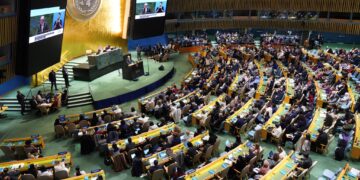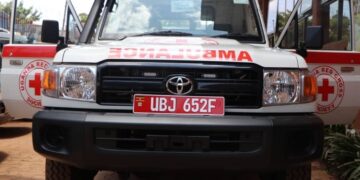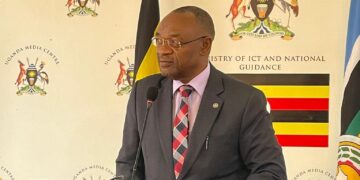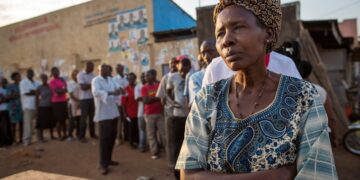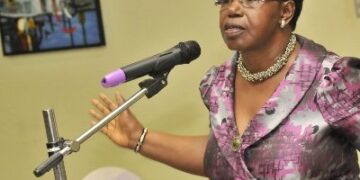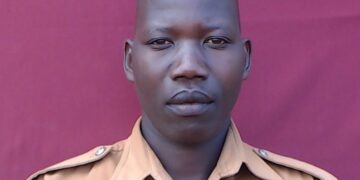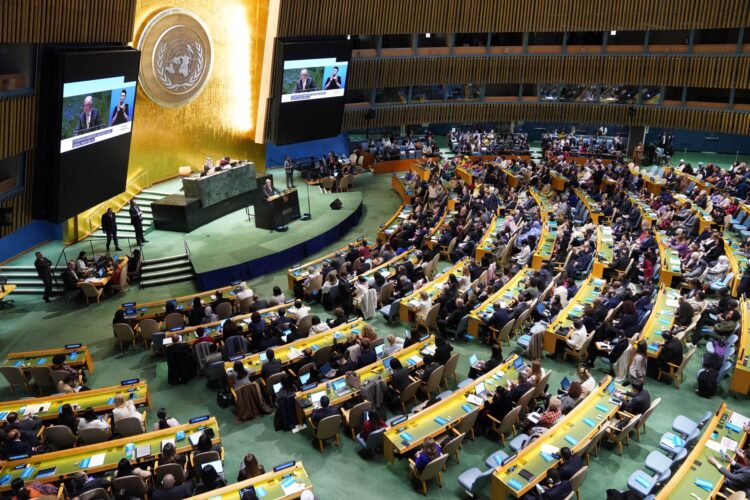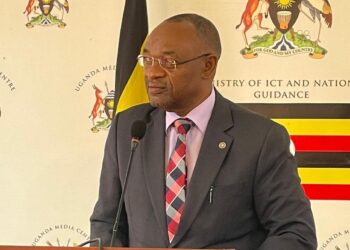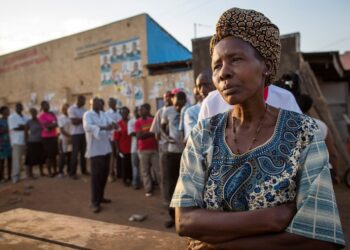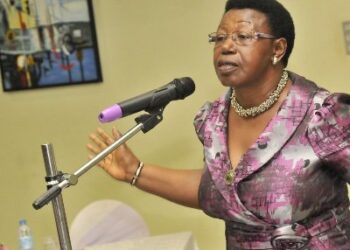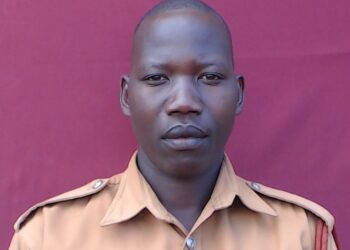OPINION
The 69th session of the Commission on the Status of Women (CSW69), which commenced on March 10th and will continue until March 21st, 2025, provides a crucial platform for global dialogue on gender equality.
This year’s session, attended by UN entities, member states, and ECOSOC-accredited NGOs from around the world, focuses on the Beijing Declaration and Platform for Action, the outcomes of the 23rd special session of the General Assembly, and the challenges hindering the achievement of gender equality and women’s empowerment.
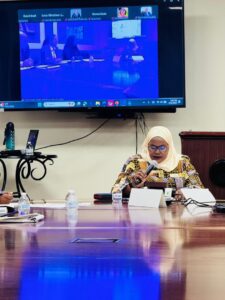
As Women for Green Economy Movement Uganda, we actively participate in CSW69, highlighting the need for accelerated action towards gender equality. We contribute our insights on the challenges and propose solutions to advance this crucial agenda.
The sobering reality is that around 1 in 3 women globally experience some form of gender-based violence in their lifetime. This alarming statistic, coupled with significant disparities in areas like education, employment, political representation, and economic opportunity, underscores the pervasive nature of gender inequality worldwide.
Our extensive community engagements and research have consistently revealed that illiteracy and a lack of sensitization are primary drivers of gender inequality. In our work with marginalized women, we’ve encountered a significant challenge where many women are unable to identify and understand their rights and responsibilities, making it difficult for them to recognize when they are being exploited.
Through our online monthly engagements with various stakeholders, we’ve been able to discuss the root causes of gender inequality and brainstorm potential solutions. The insights gained from these discussions have led to the following proposed solutions.
Our first solution focused on engaging men in the fight for gender equality. We recognized the influence of a patriarchal society and government, largely led by men, and proposed empowering men and young boys to support women and women’s initiatives. We also emphasized the need for open dialogue and addressing challenges faced by women, such as gender-based violence, sexual harassment, and assault.
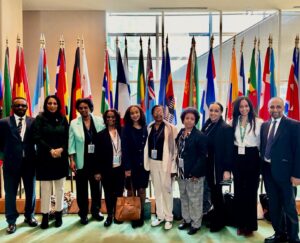
Moreso, to address the need for men’s education on gender-based issues, we proposed a redefinition of feminism. Instead of focusing on the common misconceptions, we suggested defining feminism as understanding and addressing the virtuous needs of women to transform society. This approach would encourage men to become visible activists against challenges faced by women, ultimately accelerating gender equality.
To further accelerate gender equality, we suggested that men take up leadership roles in women’s initiatives. This would not only demonstrate their commitment to the cause but also encourage broader participation and create a more inclusive environment for activism.
In addition to engaging men, we proposed community engagement and sensitization programs through workshops and local meetings. These initiatives would focus on reaching women in marginalized communities who may be unaware of their exploitation and lack access to information about their rights. By raising awareness and providing resources, these programs would empower women to advocate for themselves and challenge systemic inequalities.
Furthermore, we emphasized the importance of collaboration between the government and community-based organizations like WoGEM to provide reliable support to local communities. This partnership would leverage the government’s resources and the grassroots expertise of organizations like WoGEM to create a more impactful and sustainable approach to addressing gender inequality.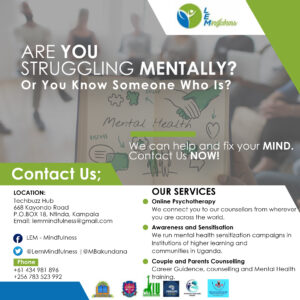
Financial inclusion for women by increasing their access to loans at reduced interest rates aims to encourage borrowing and thus economic empowerment. However, financial inclusion alone is insufficient. We must recognize the crucial need to empower women with financial literacy as well, ensuring that borrowed funds, sourced from various avenues, are invested and utilized effectively. This includes equipping women with the knowledge and skills to make informed investment decisions, budget effectively, avoid predatory lending practices, and build credit for accessing more affordable loans in the future.
Finally, we must highlight the urgent need to advocate for education and literacy. Education is a powerful tool that breaks down gender inequality barriers and combats ignorance.
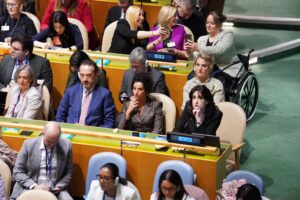
It’s important to acknowledge that these are not the only solutions to curb gender inequality in our diverse countries, societies, and communities. A multifaceted approach is crucial.
Let’s join hands and work together in the fight for gender equality and the empowerment of women.
By Mary Blessing Ahairiirwe,
The writer is a Volunteer at Women for Green Economy Movement (WoGEM) Uganda
E-mail: maryblessingahairiirwe@gmail.com
